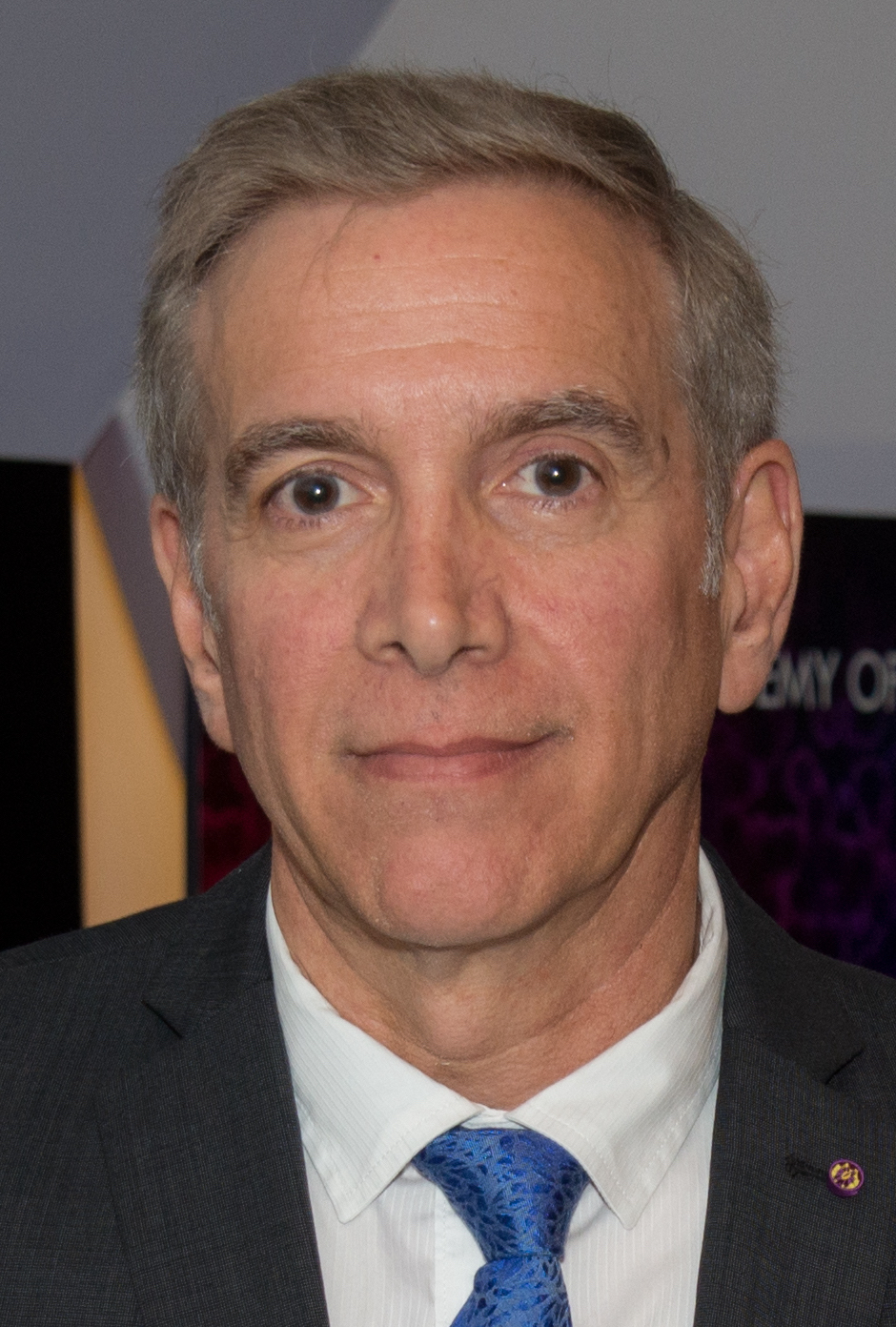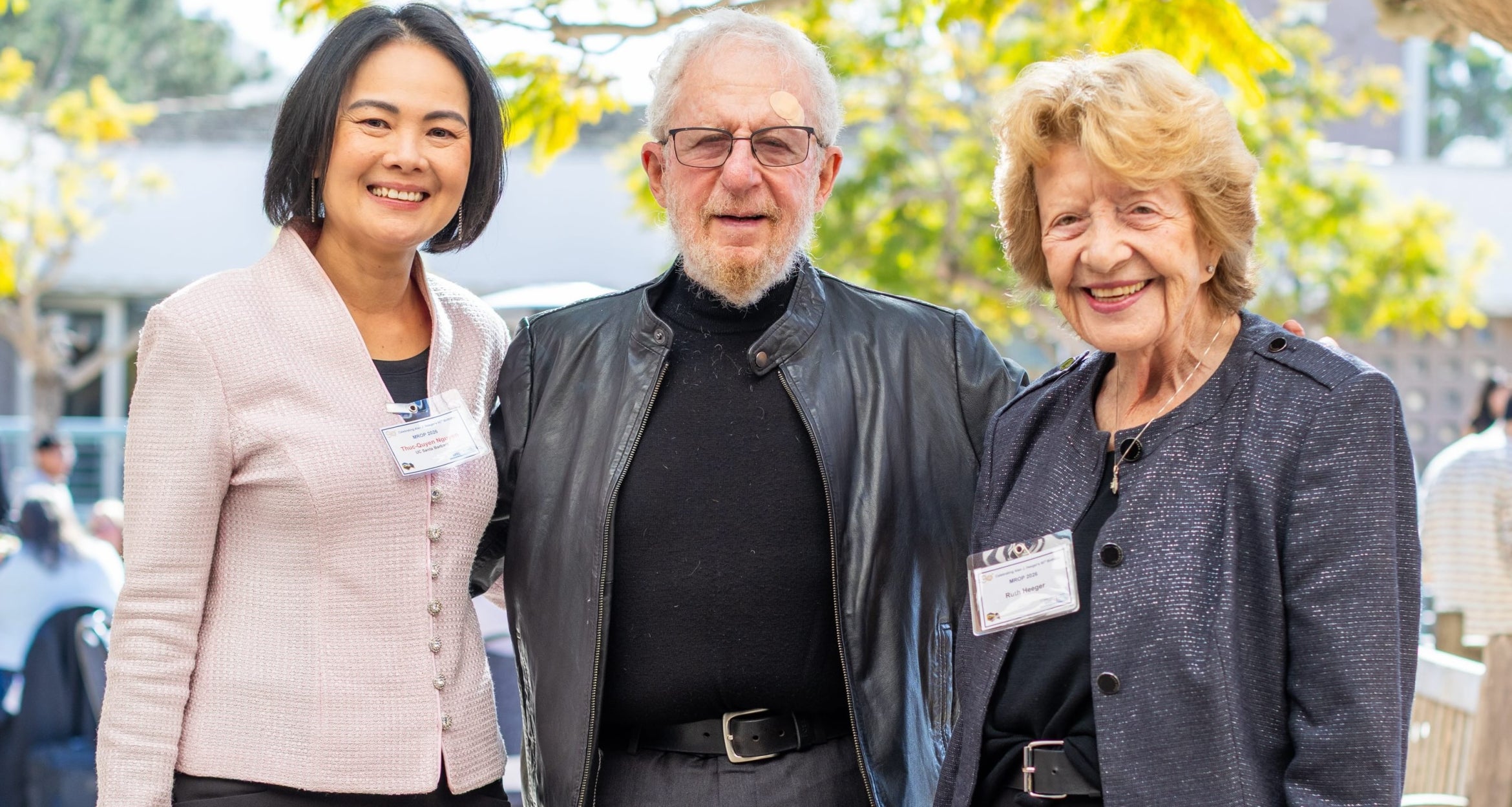
Taking the Helm
After an extensive nationwide search, UCSB physics professor Joseph Incandela has been chosen to lead the university’s Office of Research. Incandela has been serving as the campus’s Interim Vice Chancellor for Research since March 2016.
“We are grateful to Dr. Incandela for his exceptional work as interim vice chancellor,” Chancellor Henry T. Yang said in his announcement to the campus community. “He brings this first-hand experience as well as three decades of scientific scholarship, leadership and service to his position as vice chancellor.”
Incandela was selected after a rigorous, year-long process conducted by a search advisory committee consisting of prominent members of various departments at UCSB.
“It is a great honor to be selected for this position,” said Incandela. “Research at UCSB is extraordinarily interdisciplinary and groundbreaking. I believe we can continue to create new knowledge that can change the world. I am committed to finding ways to support the research program of UCSB in every way possible, in what may very well turn out to be one of the most challenging periods we have faced.”
His responsibilities as vice chancellor for research include leading the charge in helping the university community secure support for their research and creative activities; working with academic units to promote research throughout the university; and taking special responsibility for collaborative and interdisciplinary research. The Office of Research also ensures the integrity of UCSB research and that it is conducted in accordance with the highest ethical standards, and makes sure it is integrated with the educational and service missions of the university.
Incandela, who holds the inaugural Joe and Pat Yzurdiaga Chair in Experimental Science, joined the UCSB community in 2000 as a professor of physics, after spending about a decade at Fermi National Accelerator Laboratory. For the past two decades, he has been involved with the Large Hadron Collider at the European Organization for Nuclear Research, initially leading the construction of a large part of the tracking system for the Compact Muon Solenoid (CMS) Experiment.
In early 2011, he was the first American elected to lead the CMS experiment, which involves more than 3,000 scientists from 39 countries. The following year, on July 4, 2012, he announced the discovery of the highly-sought Higgs boson, validating a 50-year-old theory about the nature of the universe.
Incandela is a member of the National Academy of Sciences; a fellow of the American Physical Society and the American Association for the Advancement of Science. He received the 2013 Special Breakthrough Prize in Fundamental Physics as well as the 2013 European Physical Society High Energy Physics Prize. In 2016 he was selected as the UCSB Faculty Research Lecturer, the highest honor bestowed by the university faculty on one of its members. Incandela also is an active participant in UCSB’s campus governance.



